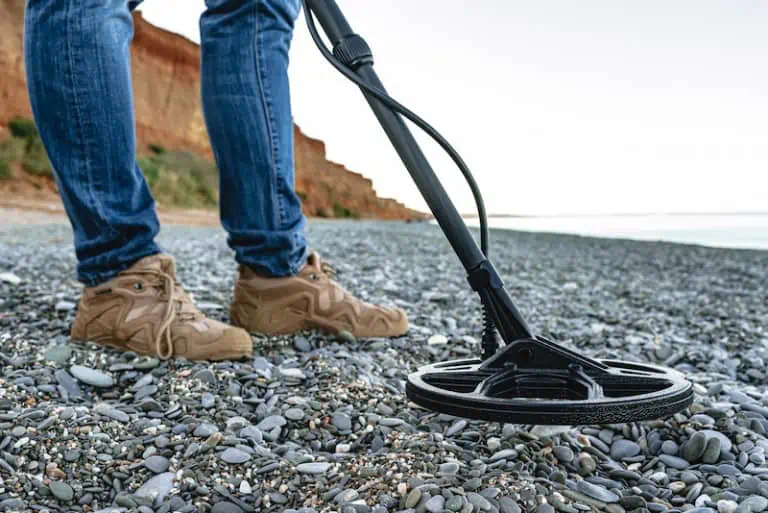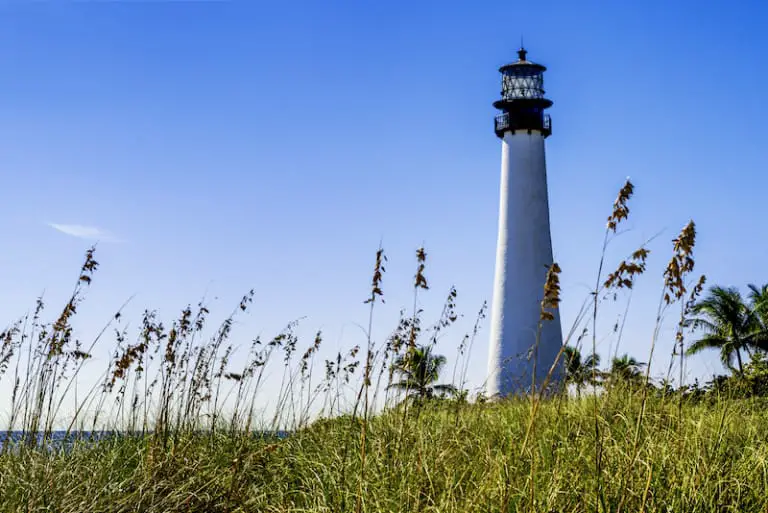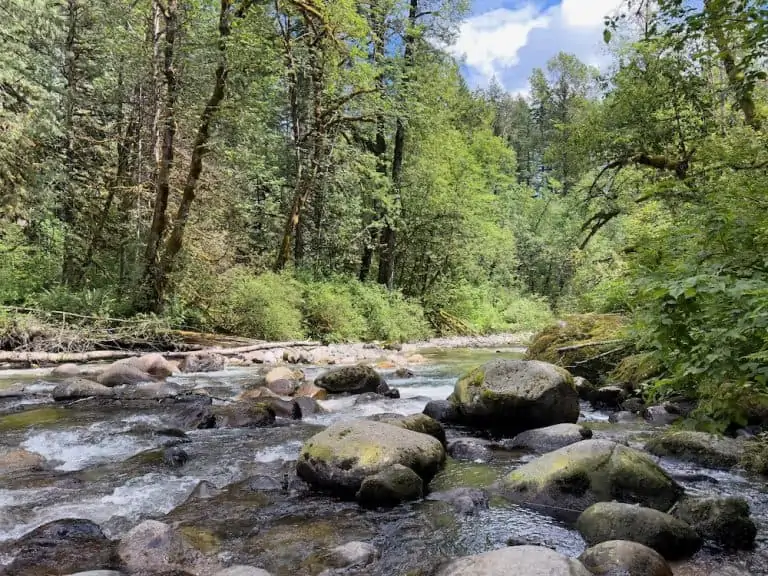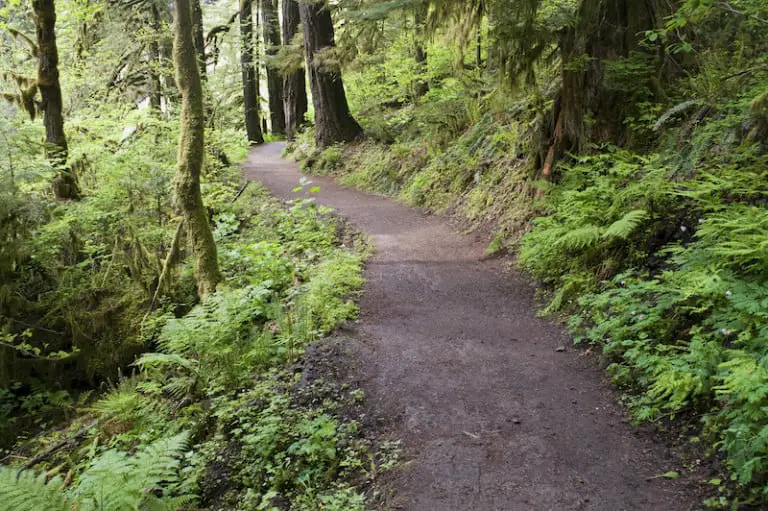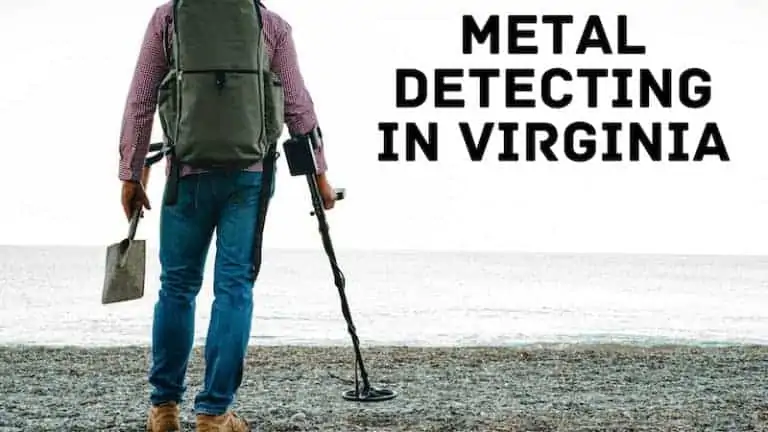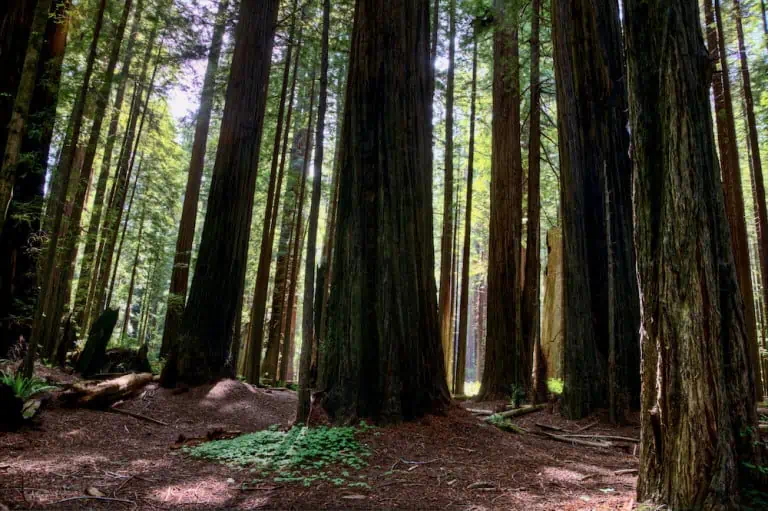Metal Detecting in Massachusetts: Laws, Tips and Beaches
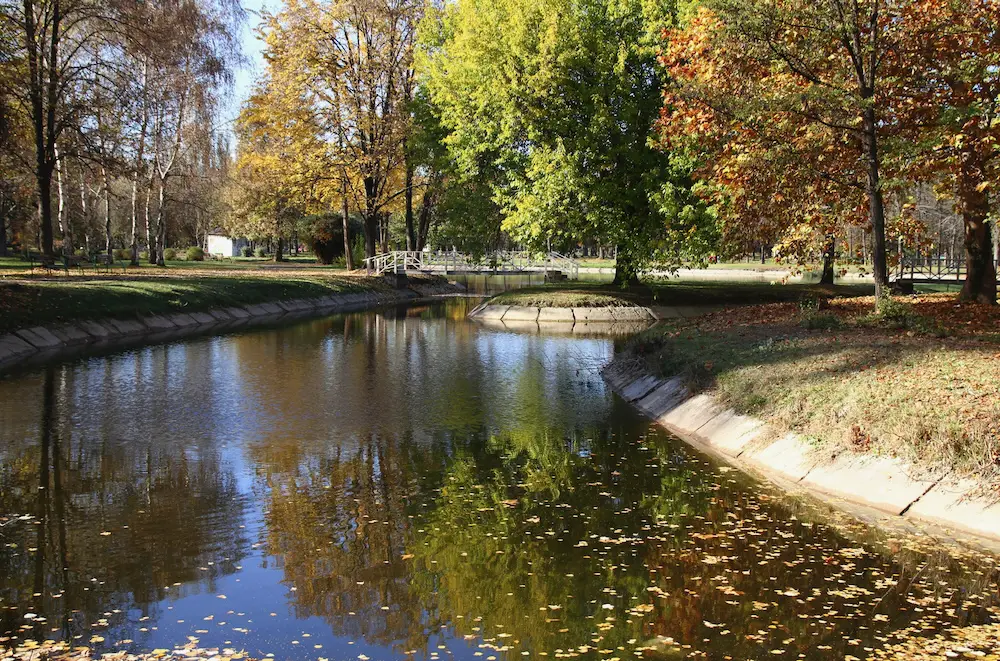
Massachusetts has an extensive history and is one of the most populated states in New England. The Bay State is one of the original 13 colonies and is well-known for being the landing place of the Mayflower and English pilgrims. The state takes its name from the Massachusett Tribe.
The state is home to Native American history, and the capital, Boston, has seen the Boston Tea Party, the Boston Massacre, and the Revolutionary War. The Bay State also sparked the American Industrial Revolution and is known for its large Irish American population. There is no shortage of history to discover while metal detecting in Massachusetts.
Metal Detecting Laws in Massachusetts

All US states are governed by federal level laws including the Archaeological Resources Protection Act and the National Historic Preservation Act. These Acts are in place to preserve America’s history and ensure the protection of historical or culturally important artifacts. Per these regulations, no man-made item over 100 years old may be removed from state, public, or federal lands. If you find such an item, you are supposed to report it to the proper authorities immediately.
Per the Massachusetts Department of Conservation and Recreation, metal detectors are not allowed on DCR land because they “damage the landscape” and can be used to “loot or pot-hunt state land.” Any person who digs or collects items from state lands without a permit can be subject to fines, imprisonment, or both. If you wish to metal detect on DCR property, contact the supervisor of the area. They may be willing to let you metal detect on their property with a permit and likely with restrictions.
Metal detecting is often allowed on beach areas and campsite areas within state parks, with the park supervisors permission. If you wish to detect in these areas, you will have to get the proper permission and ensure you stick to the areas where the park supervisor has okayed it. State forests are the same concept. You must receive permission from the park supervisor.
Cities and counties may also have their own rules for metal detecting. For example, the town of Fairhaven, Massachusetts, allows metal detecting with a permit. You must fill out an application form and follow all restrictions therein. Metal detecting is restricted to open areas, and may not be done in:
- Designated wetlands
- On beaches below low tide marks
- Archaeological dig sites
- Formal gardens
- Ball fields
- Manicured lawns including newly seeded lawns
- Monuments
- Memorial tree plantings
- Woodlands and native vegetation areas
- Any other area restricted by signage
If you want to metal detect in any other city or town, you will need to contact the city or county and inquire about their metal detecting rules. Some cities allow you to freely detect in public areas like parks, while others restrict or forbid the activity altogether. Do a little research before you head out to keep yourself safe.
Metal detecting on historic sites is strictly forbidden. This is the case in most areas of the United States. You may not metal detect without permission (which is rarely granted in some areas) on historic battlefields, historic homesites, historic parks, memorials, landmarks, gravesites, or historic beaches.
If you wish to metal detect on private property, ensure you have written permission from the landowner. It can be intimidating to ask for permission to metal detect on someone’s property. The worst they can do is say no! You never know if you do not ask. Private property is exempt from the laws that govern public, state, and federal lands per metal detectors.
You can keep any item you find on private property. Ensure you discuss with the property owner what will happen to the items you find. Will you keep them? Will the landowner keep them? Ensure you work this out and incorporate it into the written permission note.
Metal Detecting Finds in Massachusetts

One of the more recent treasures found in Massachusetts comes from a metal detectorist named Keith Wille. A woman in western Massachusetts called him to locate a fabled cash box in the floorboards of her attic. Her home was going up for sale, and rumors has circulated for years within her family of her aunt and uncle stashing money under the attic floorboards somewhere.
The family had hired contractors and other people to find the box, to no avail. Wille turned on his metal detector and used an endoscopic camera on his iPhone to peek through the floorboards. Fifty minutes later he hit paydirt, and found a box of vintage banknotes form the 1930s and 1950s totaling $46,000, or $421,000 in today’s currency!
Some other notable finds from detectorists in Massachusetts include Massachusetts cents, capped bust coins, saws, 1880s gold, tombac buttons, 1700s Spanish silver reales, copper coins, Lincoln cents and mercury dimes, Canadian cents, buffalo nickels, and other amazing relics. There is certainly no shortage of amazing treasures to find while metal detecting in Massachusetts.
Metal Detecting Clubs in Massachusetts
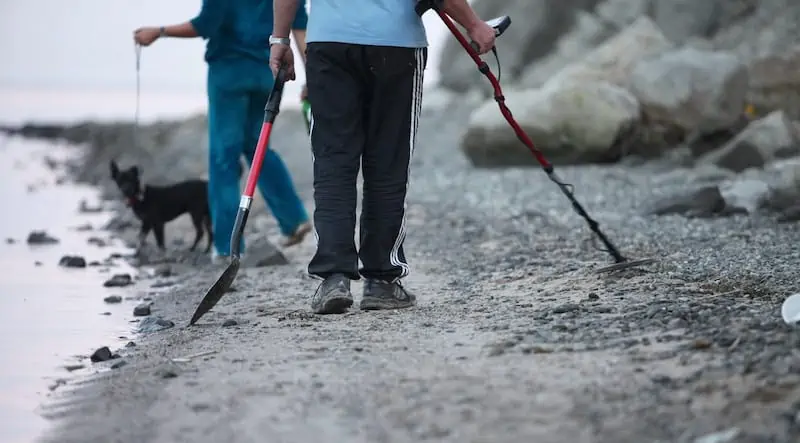
There are hundreds of metal detecting clubs throughout the United States. Several of these are found within the state of Massachusetts. There are many benefits to joining a metal detecting club. You can get information about the hobby including the laws and rules pertaining to it. You can get help choosing a metal detector and other equipment.
You can learn more about where the best metal detecting locations are. You can also find help identifying your finds. Many members of these clubs have been active metal detectorists for many years and have a wealth of knowledge to share. Some metal detecting clubs in Massachusetts are:
- Worcester County Treasure Hunters in Clinton
- Massachusetts Treasure Hunting Association in Newton Highlands
- Silver City Treasure Seekers in Taunton
- Gateway Treasure Hunter’s Club in Wareham
- Colonial Treasure Hunters Association in Boylston
- Massachusetts Organization for Research and Recovery in Fitchburg
- New England Treasure Finder’s Association in Longmeadow
- GPAA Shutesbury Chapter in Shutesbury
Best Beaches for Metal Detecting in Massachusetts
Massachusetts has many beautiful beaches that are perfect for metal detecting. Ensure you speak with the proper authorities before heading out to detect on the beaches to keep yourself within the law!
Revere Beach
Revere Beach is about 5 miles north of downtown Boston. This beach has a long history. A rail link was built near it in 1875. The southern end of the beach has heavy tides so you can check here for newly washed ashore items or newly uncovered items. Check the area after storms, and in the evening when people are leaving. The area is not typically too busy during the weekdays, so it is perfect for detecting!
Crane Beach
Crane Beach is in Ipswich. It is open all year round and the best time to metal detect is early morning or evening. There are annual celebrations held here so be sure to detect after these events. Ensure you do not metal detect on the sand dunes. In most areas, sand dunes are protected areas. Stick to the sandy areas of the beach.
Mayflower Beach
Mayflower Beach is in Dennis Town and is a popular recreation area. The beach is very shallow and there are many tide pools and sand flats for detectorists to enjoy. It is often a crowded beach area, so try going in the morning, evening, or the off season.
Horseneck Beach
Horseneck Beach is in a state reserve. You will need permission from the park supervisor prior to metal detecting on this beach. This is one of Massachusetts’ most popular beach areas. It is often crowded, especially in the summer months. Try detecting during the off season, early morning, or evening. The area is popular with boaters and swimmers.
Best Places to Go Metal Detecting in MA
Aside from Massachusetts’ scenic beaches, there are dozens of other amazing locations to metal detect in the Bay State.
Gallows Hill Park
Gallows Hill, located in Salem, served as a hanging site during the infamous Salem Witch Trials of the late 1600s. Many artifacts and relics from the past have been uncovered in Gallows Hill. You can also find more modern items dropped by visitors to the area.
Dungeon Rock Cave
This cave is in Lynn Woods Reservation in Essex County. The cave is said to have been carved by Hiram Marble, a treasure hunter from the 19th century, at the direction of a spirit. The specter told Marble to dig and where to use dynamite to blow up rocks. He never found the supposed treasure in the area. Treasure hunters still pilgrimage to the area to find the fabled treasure. The area is a wonderful place to use your metal detector to find items dropped by treasure hunters, or even the fabled treasure itself!
Nickerson State Park
Nickerson State Park is found in Brewster. This is a great place to search campsites. I have found some amazing treasures while metal detecting in campsites. People drop all sorts of items while camping. Nickerson State Park is a 1900-acre park with over 400 campsites. The area is filled with woodland trails and ponds. Ensure you speak to the park supervisor prior to metal detecting to ensure you are allowed.
Belchertown State School
Belchertown State School for the Feeble-Minded was opened in 1922 and was known for its horrific treatment of patients. Patients were subjected to inhumane conditions and poor treatment. Several lawsuits emerged before the facility closed in 1992. The building still houses several treatment machines, medical equipment, and therapeutic areas. Ensure you ask permission of the landowner before you detect here!
Dogtown
Dogtown is a ghost town on Cape Ann. Many people settled here in the 1690s and the name stems from the number of dogs kept by the town’s women while their husbands were away fighting in the American Revolutionary War. The long history of this area means you have a good chance of finding relics from the past. Ensure you gain the property owner’s permission before you metal detect in Dogtown.
Conclusion
Massachusetts has a long and storied history. The area has been inhabited for thousands of years, beginning with early Native American Tribes. European settlers arrived in the 1600s and have been in the area ever since. The rich history of the Bay State ensures you will find relics and treasures from the past.
Be aware, however, that metal detecting on public, state, or federal lands subjects you to regulation on the federal level that any man-made item over 100 years of age may not be removed. If you metal detect on private property, you may keep all items you find, regardless of age, with the property owner’s permission.
Always make sure you do some research before detecting. Take the time to call or visit the local authorities in the area you wish to detect. This way, you can be sure you know all the rules and regulations, know which areas are off limits and which are open, and give yourself the best chance to have a fantastic time while metal detecting in Massachusetts.
